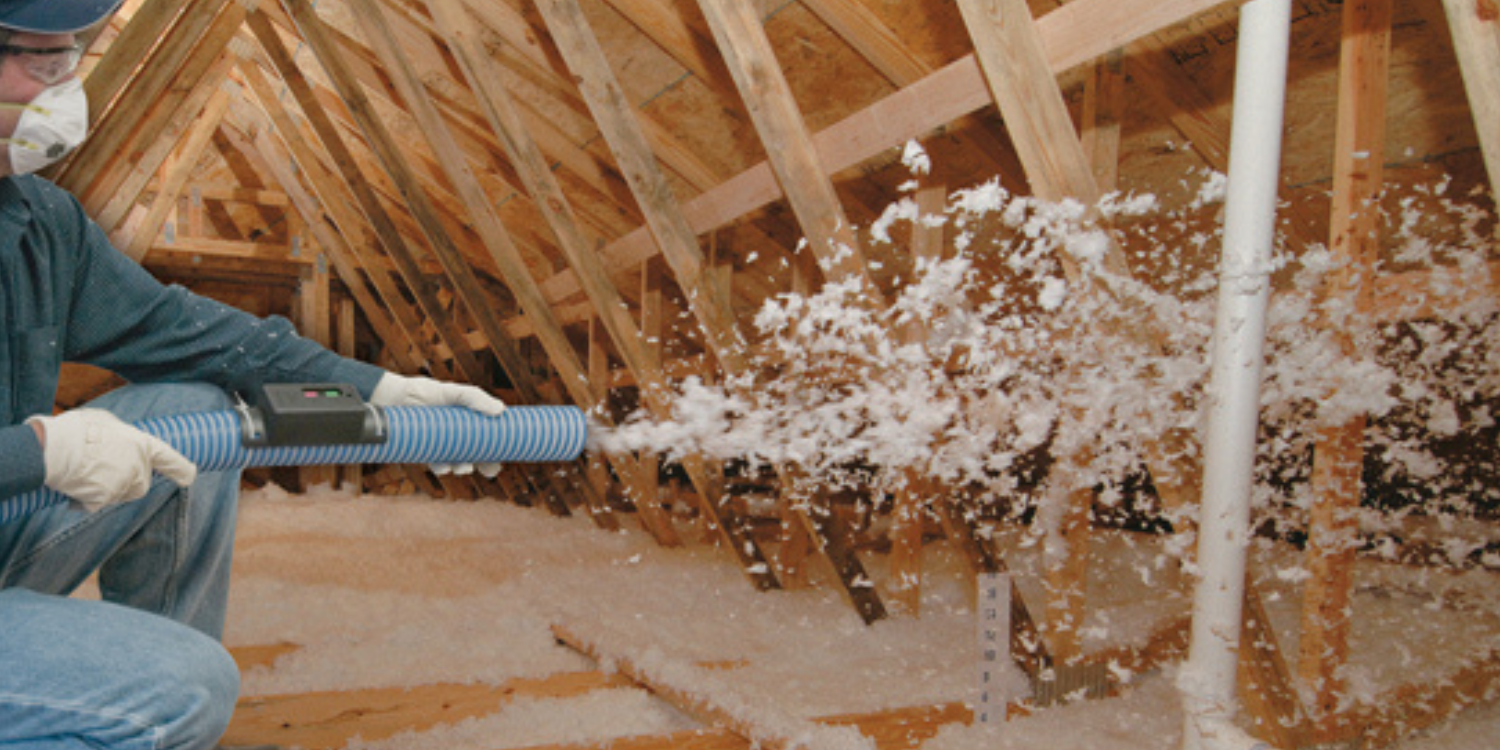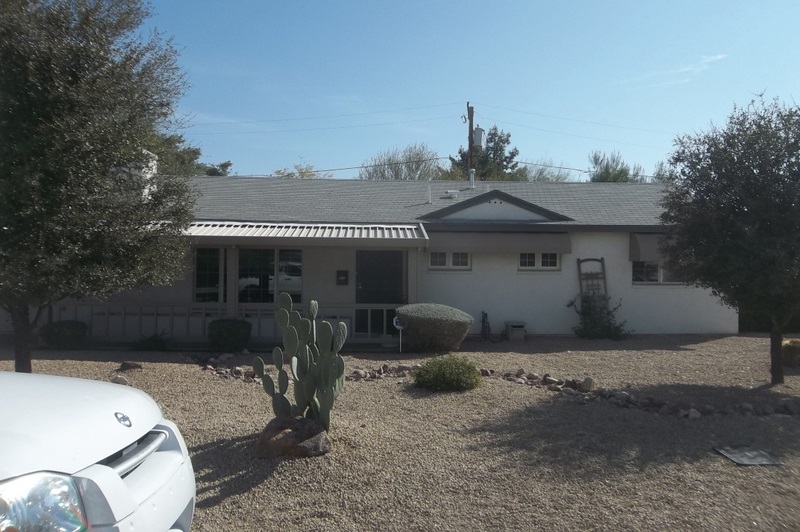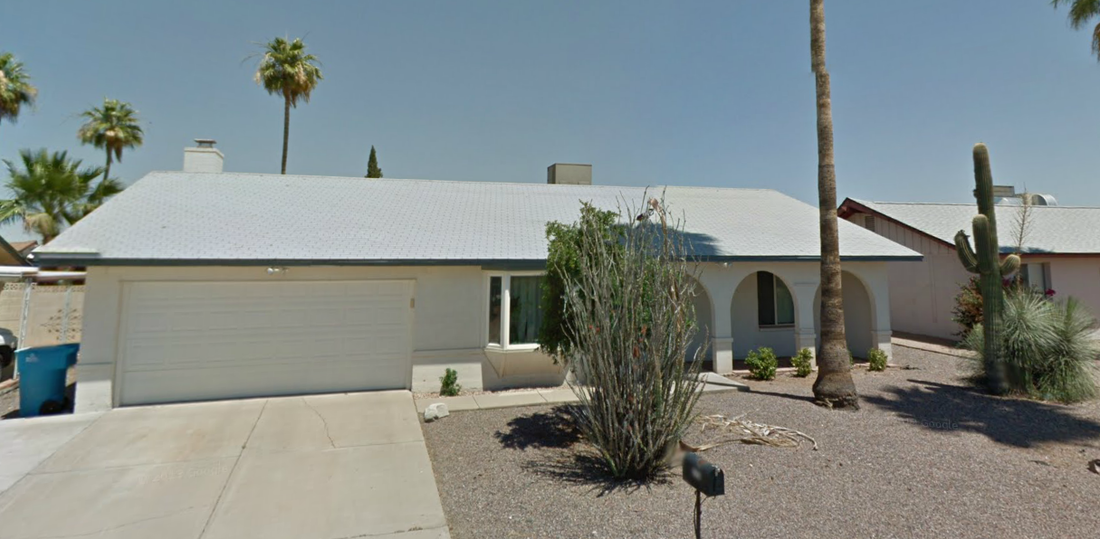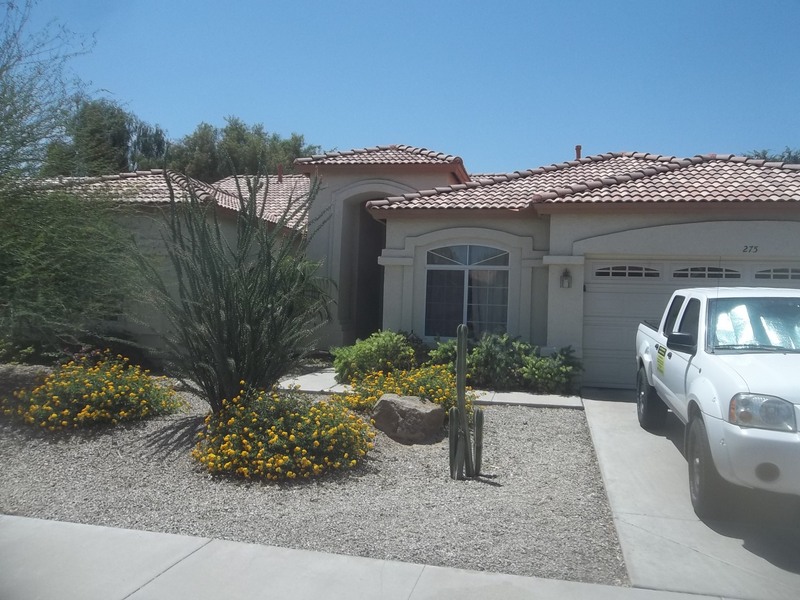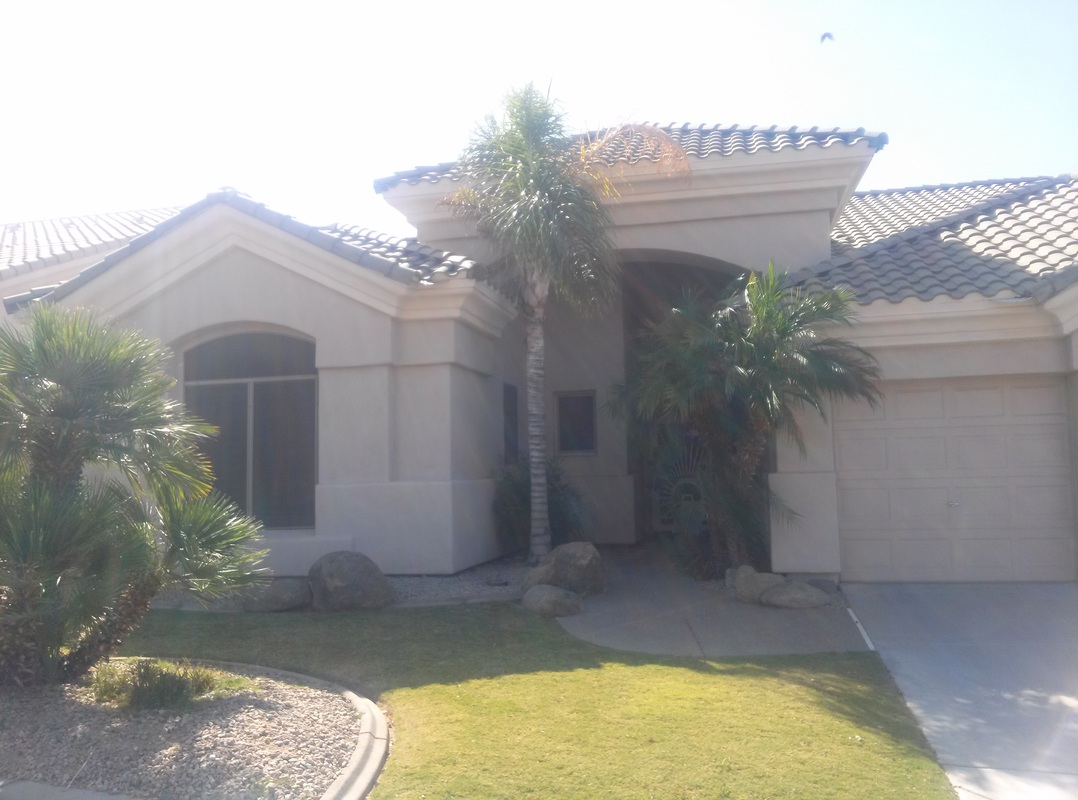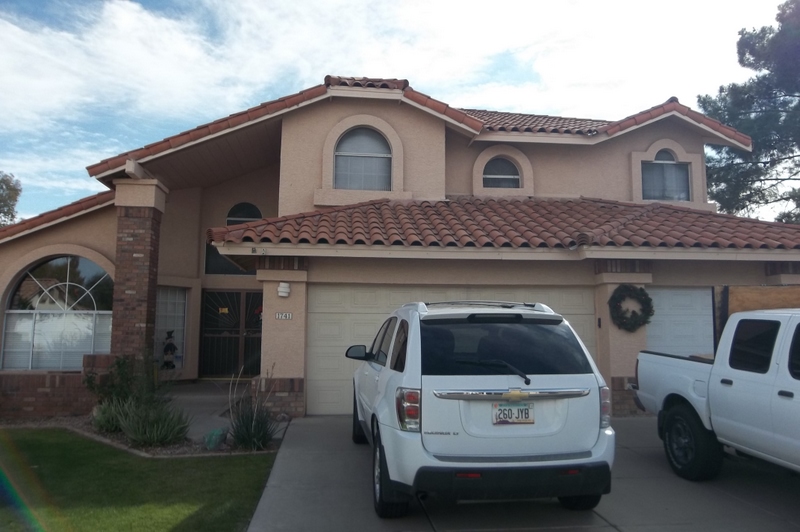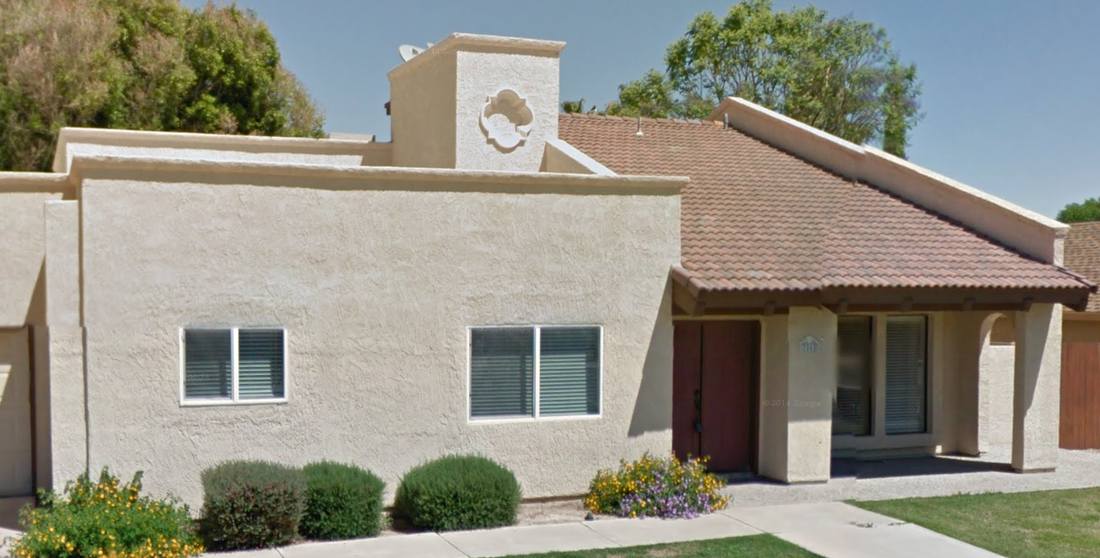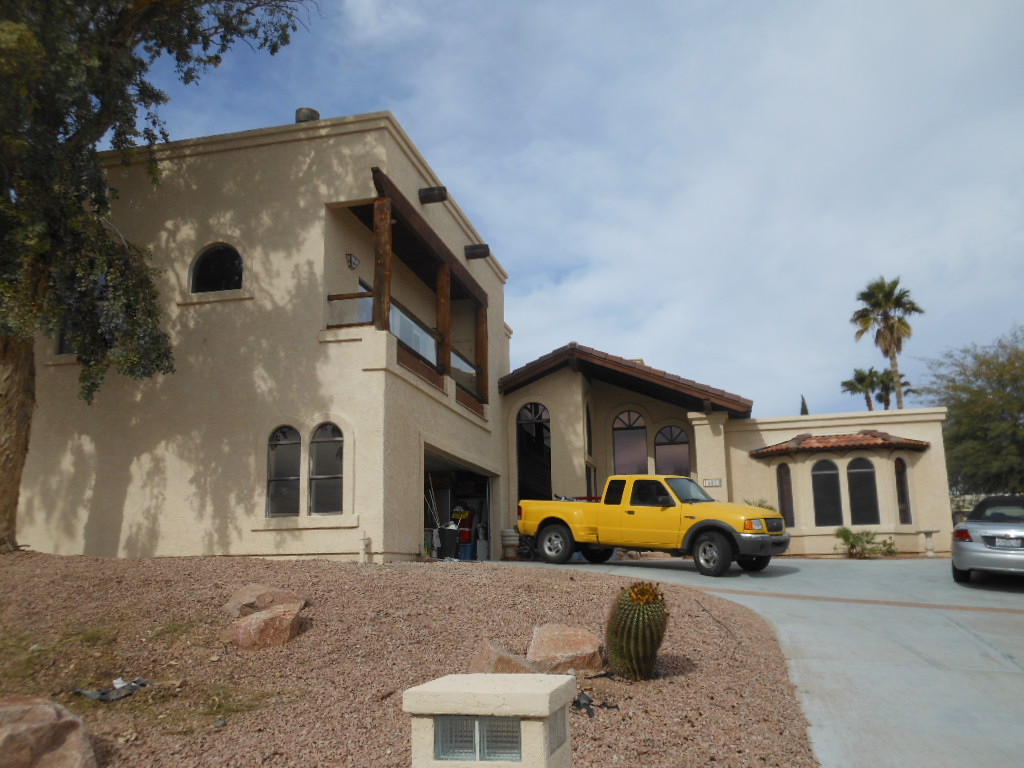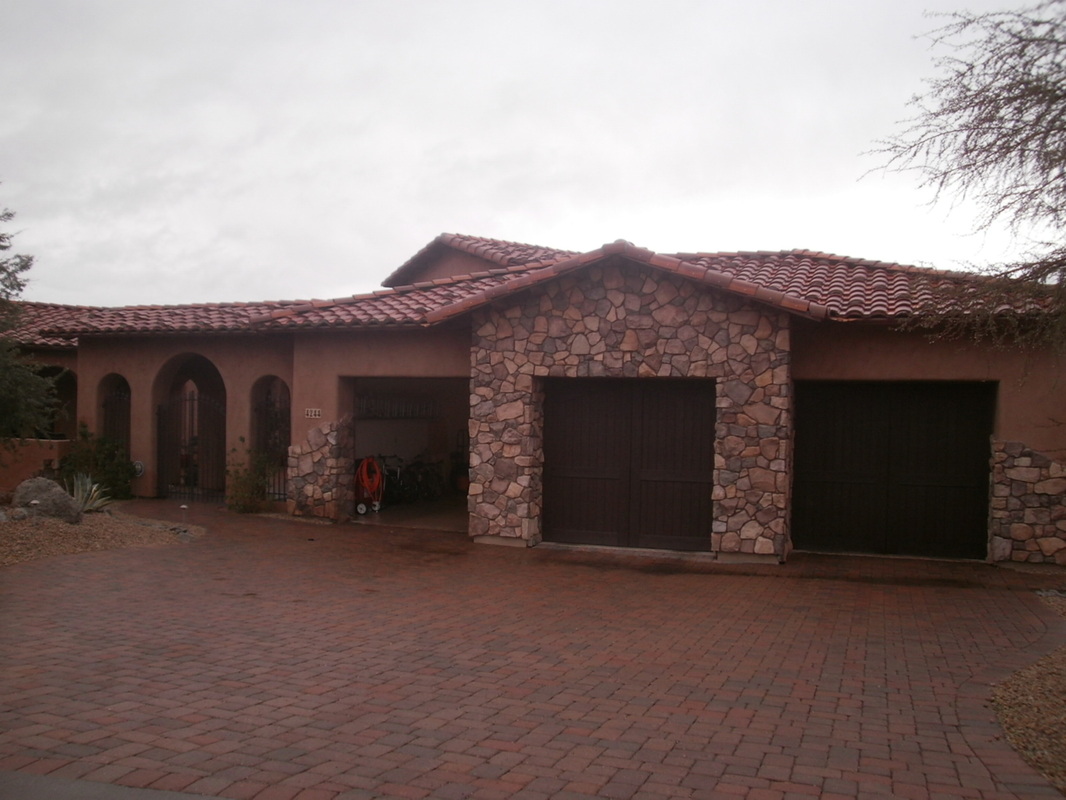|
All around the world, but especially in Phoenix, Arizona- electricity bills can be a nuisance. It is almost necessary to run your air conditioner throughout the months of May-October, and the electricity costs rise with the temperature. In fact, the EPA estimates that you can save an average of 15% on heating and cooling costs by having well insulated attics and air sealing your home. Insulating your home can be a great investment- and there is now a tax credit that could make this possible for you. Insulation InformationInsulation is the material that makes sure electricity, heat, etc. does not impact your home, tightly sealing your home's interior. Insulation is important because it can significantly improve or decrease the energy usage in your home. Having good insulation ensures that your home will be as comfortable as possible- keeping the cold air inside. Insulation is a great way to lower your monthly energy bills and conserve precious energy. Are You Missing The Signs of Low Insulation?You may have low insulation if you notice these 3 major signs. Hot and Cold Rooms You know, that one room. Uneven temperatures are never fun- and it can cause you to overrun your air conditioning or heating unit, costing even more money. This is a sign of low insulation, as it is allowing air to escape through the walls. Luckily, the federal tax credit will help you solve this problem and keep the air you are paying for inside! Drafts Air leaks allow air to move inside your home and outside again, meaning your cold air could be leaking outside while the hot air is welcomed in. This is obviously an issue, and although the first culprit is windows or doors, it could be your insulation, too. High Energy Bills Now, we know that poor insulation leads to hot or cold rooms, leaking air, drafts, etc. but this all leads to the high energy bills that you may be seeing each month. Even if you are not noticing any change in temperature, it could be time to check if your insulation is damaged or failing. Types of InsulationThere are many ways to insulate your home. Here are four insulation types that are popular here in Phoenix, Arizona: Cellulose insulation is made from recycled paper, and can be packed quite densely to protect your home from a draft airflow. Loose fill fiberglass insulation is what you may see spread out on the attic floor. This is an adaptable type of insulation material, and can be put in hard to reach places or under flooring. This type of fiberglass insulation is commonly used due to its ability to insulate spaces without affecting structures. Fiberglass batts insulation are the blanket-like pieces of insulation that you often see in home shows or movies. These are common as they last for a long time and can help decrease the amount of sound that flows through. This is generally cost-effective and a good choice when building a home if the batts are fitted properly. Spray foam is a plastic, applied by spray, that has an 80 to 100 year life expectancy. This completely seals the building, and does not settle in like cellulose and fiberglass can. These attic and wall insulation materials along with rolls, rigid boards, and pour-in-place are all eligible for the tax credit. Tax Credits for InsulationThere are now tax credits available for energy-efficient updates that Americans make to their homes. This was put in place in order to lower the price of electricity while lowering the amount of demand. As Arizonians, we know to appreciate anything that can help with those summer time electricity bills! If you are the owner of the main home and do not rent the property out to others, there is a good chance that you are qualified to receive the energy efficiency tax credit. You can claim 30% of the product cost, up to $1200 for any improvements such as windows, skylights, insulation, central air conditioning, etc. View more information here on Energy Stars website. How To ClaimIt is quite easy to claim the tax credits for energy efficient upgrades such as insulation. Simply fill out form 5695 and file it with your tax return. This has to be completed for the year that the insulation was actually installed, not just purchased. You can check out form 5695 for residential energy credits here. You can read the instructions for form 5695 here on the IRS website https://www.irs.gov/instructions/i5695. Make Sure You Aren’t Losing MoneyNot ready to purchase insulation yet? Make sure that you are getting the most out of your electricity bill. Call us today to schedule a home energy audit- a 14 step process where we inspect for duct leakage, insulation and air barriers, gas leakage tests, and more! Make sure that your home isn’t seeping your money.
Ready for the next step? Call us to schedule your new insulation installation. Our small business has been in the valley for over 10 years, and we are highly rated. Check out our reviews on Google. Call us at 602-926-1650 or book online with us today!
0 Comments
Your comment will be posted after it is approved.
Leave a Reply. |
Sign Up For Your Home Energy AuditFIND YOUR HOME TYPERanch HomesSingle Story, Spec HomesTwo Story, Spec HomesTri-Level HomesPre-1990 Custom HomePost-1990 Custom HomeDon't See Your Home? Find Your City Below!Archives
April 2024
Copyright Notice©2009 – 2023
All Rights Reserved |


